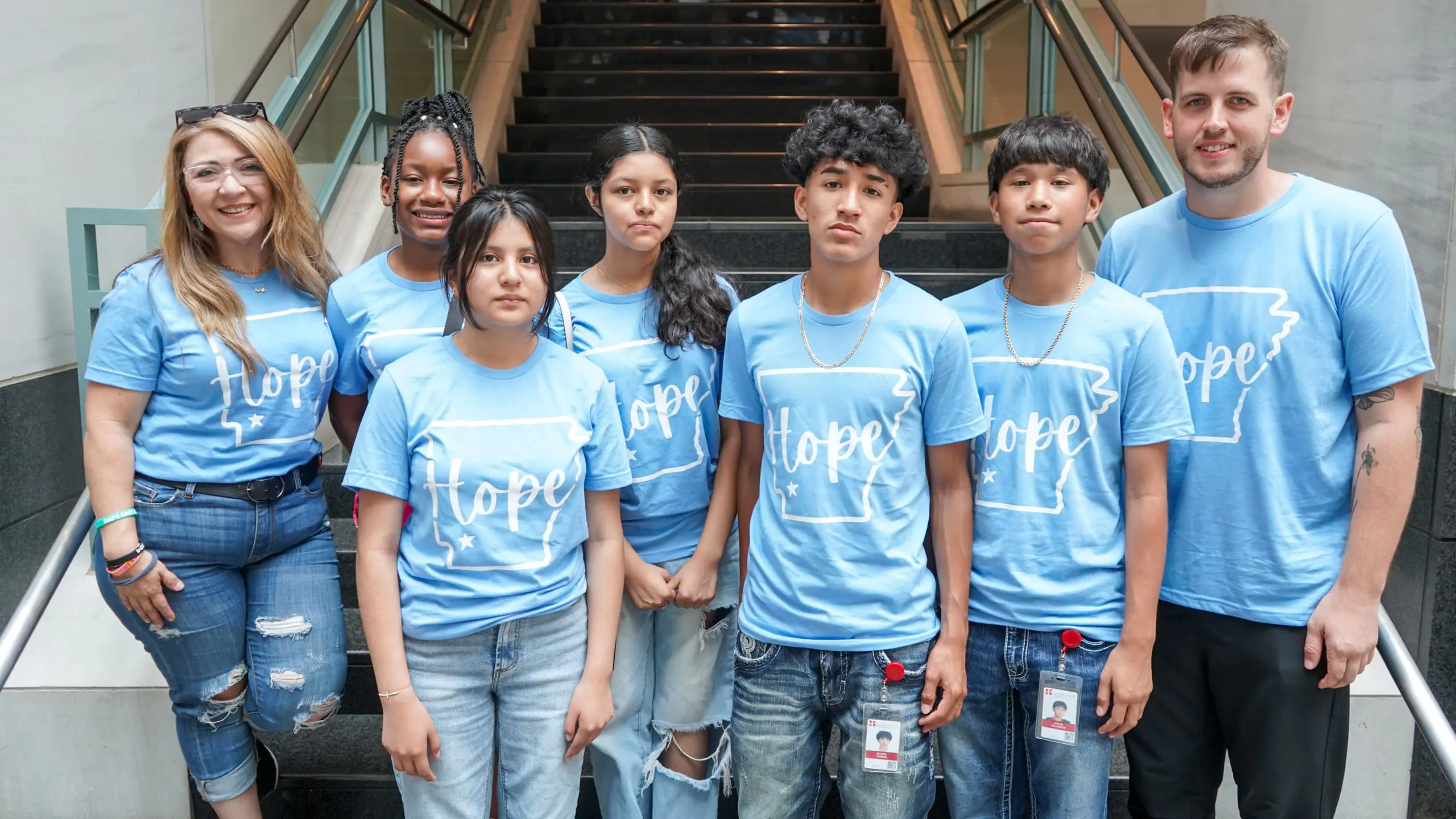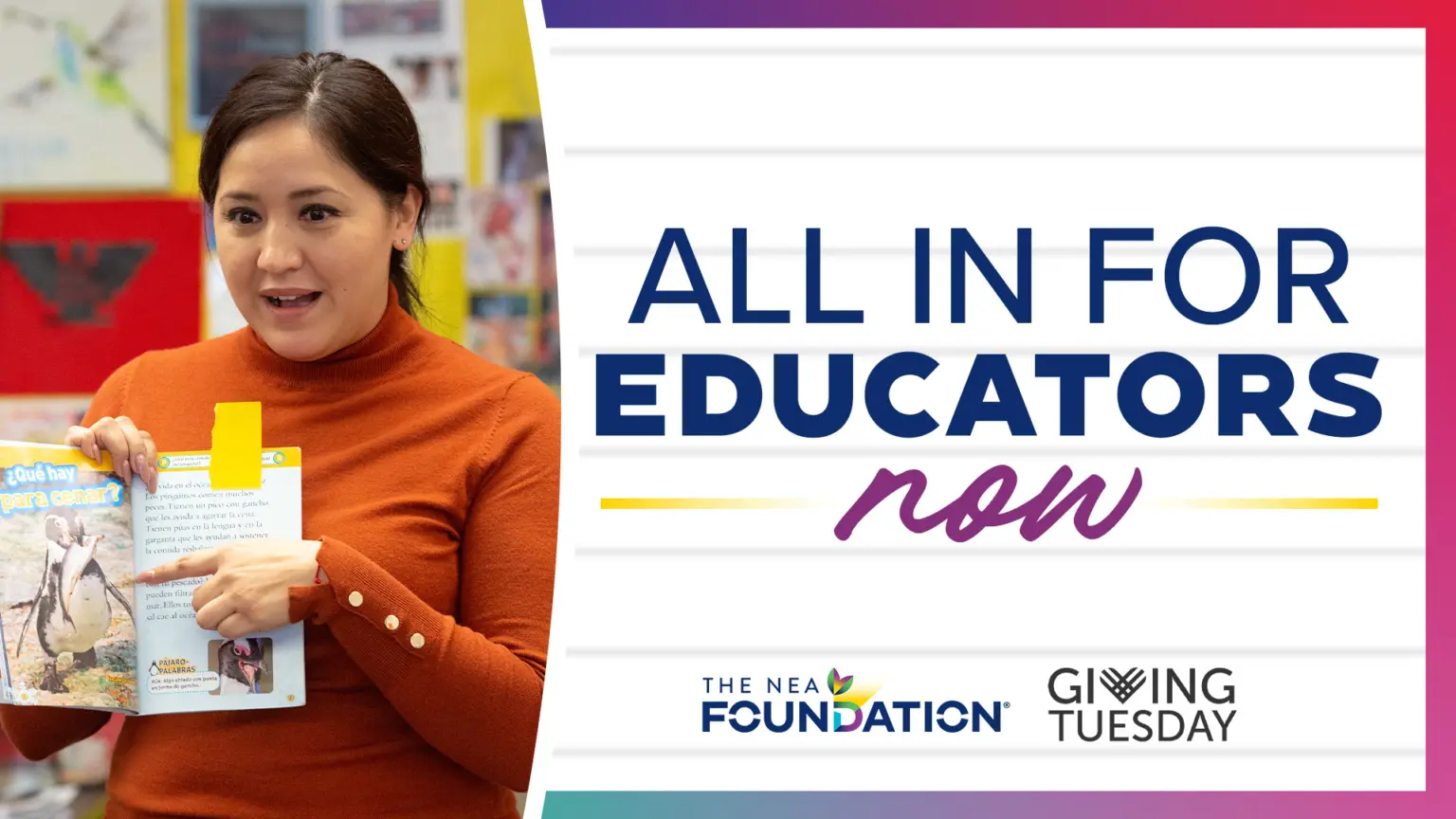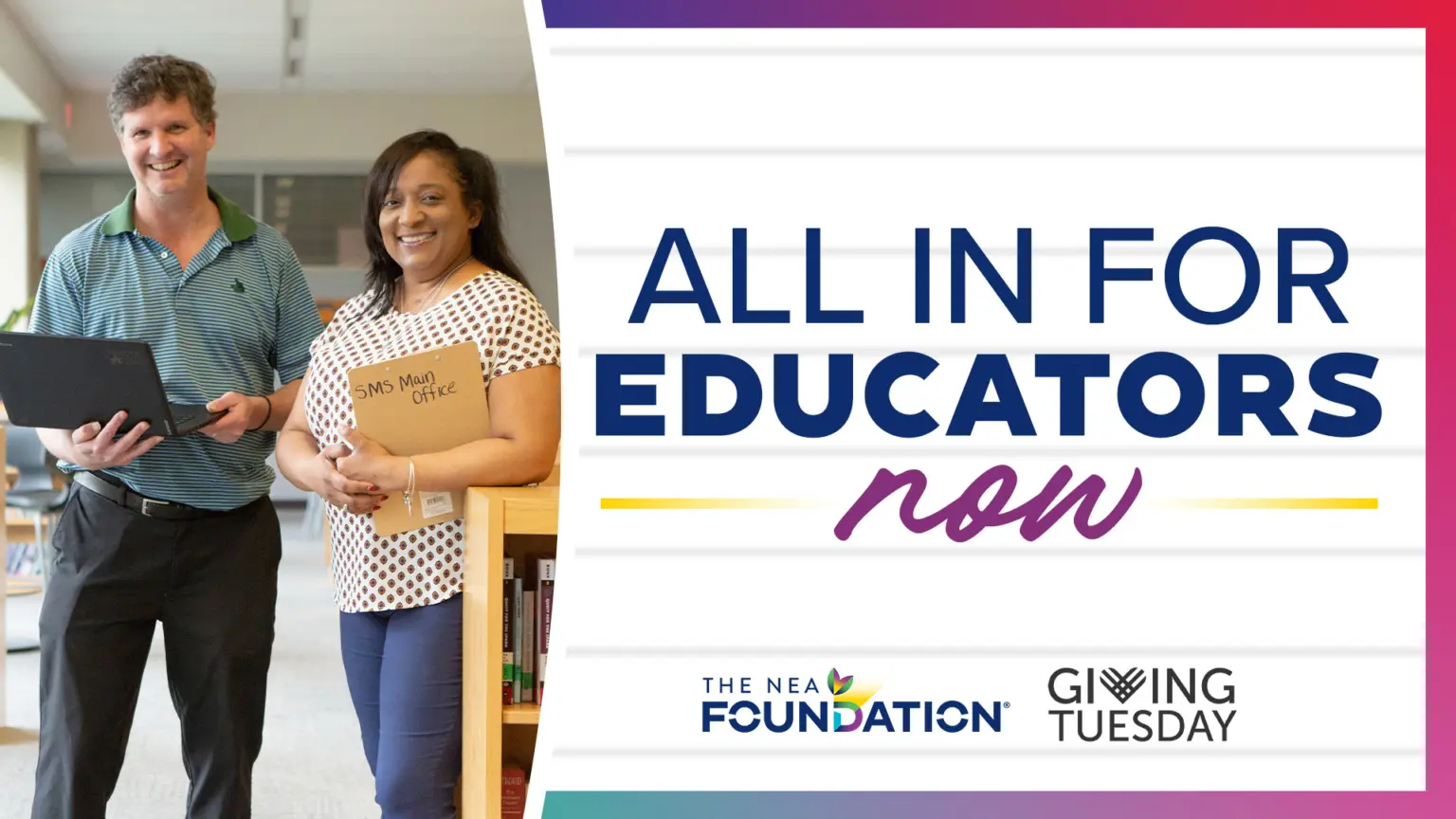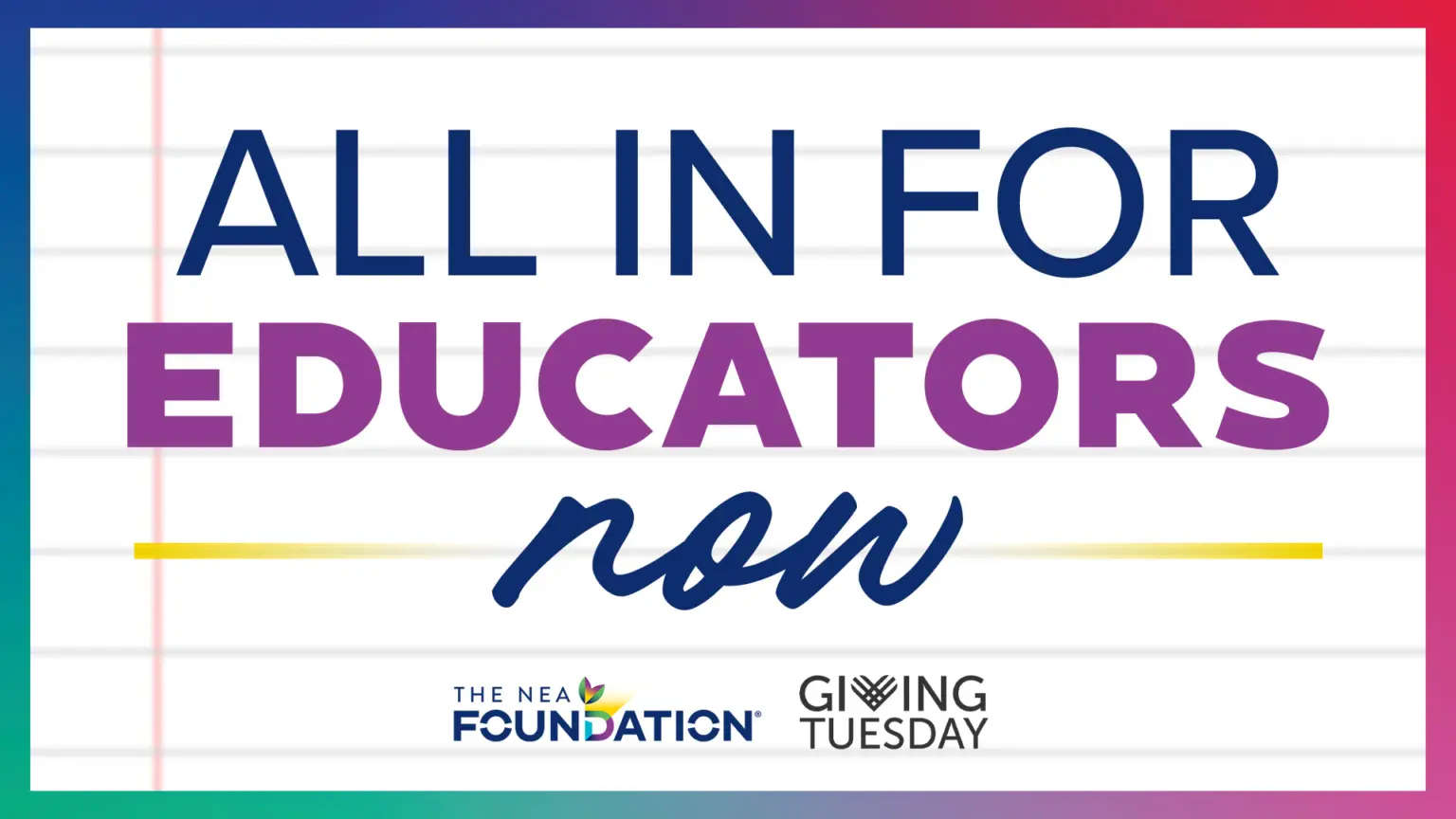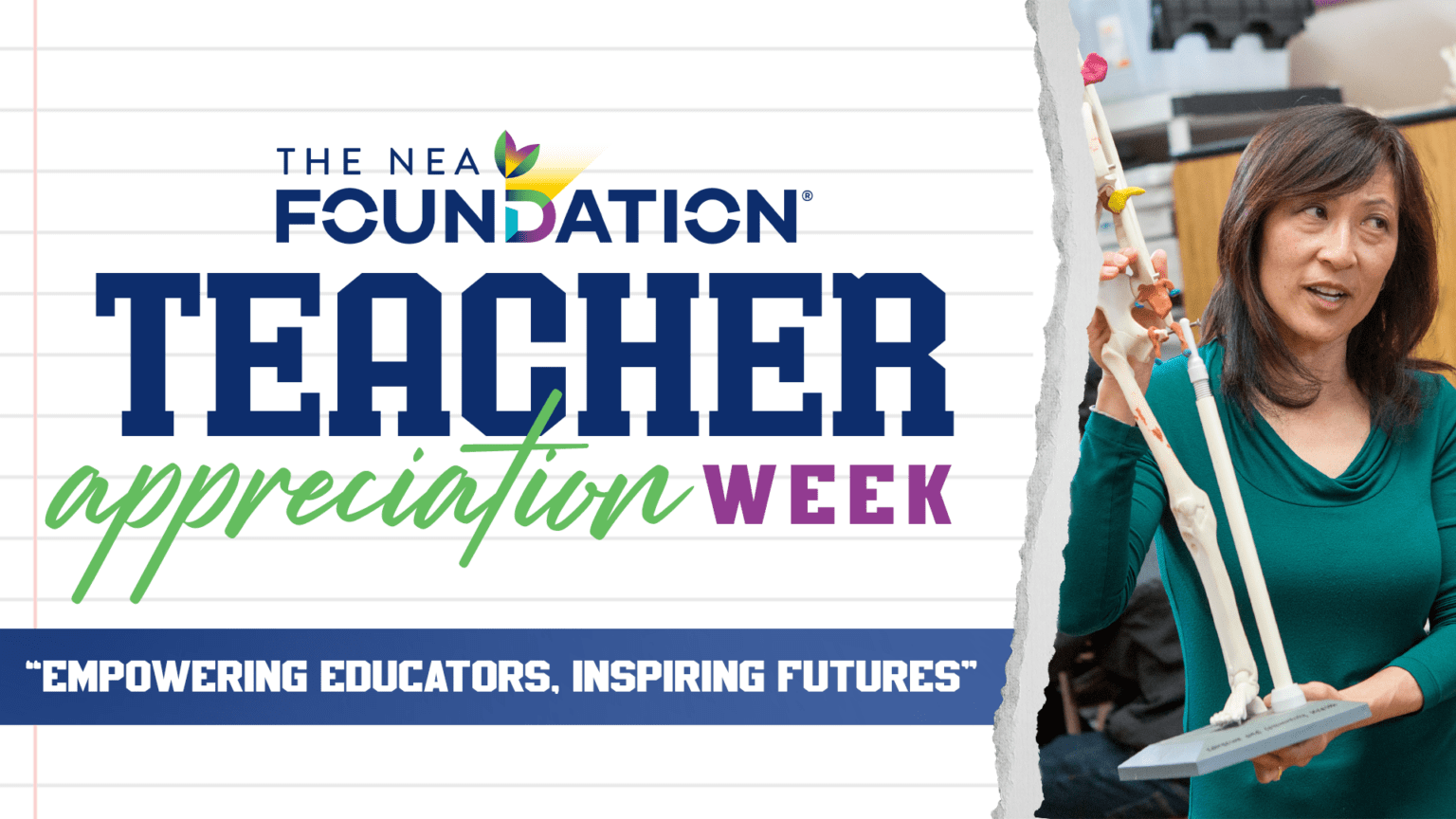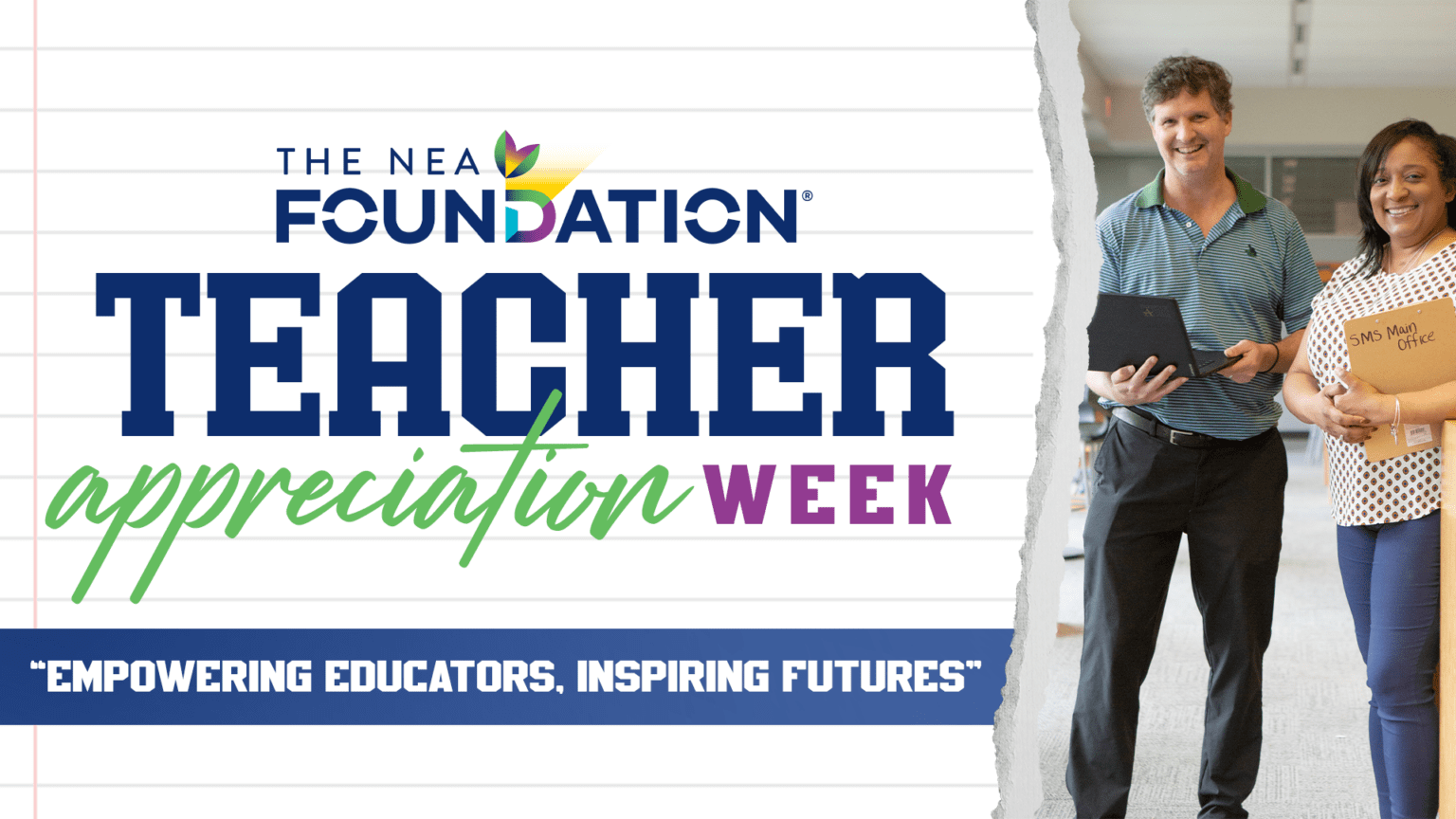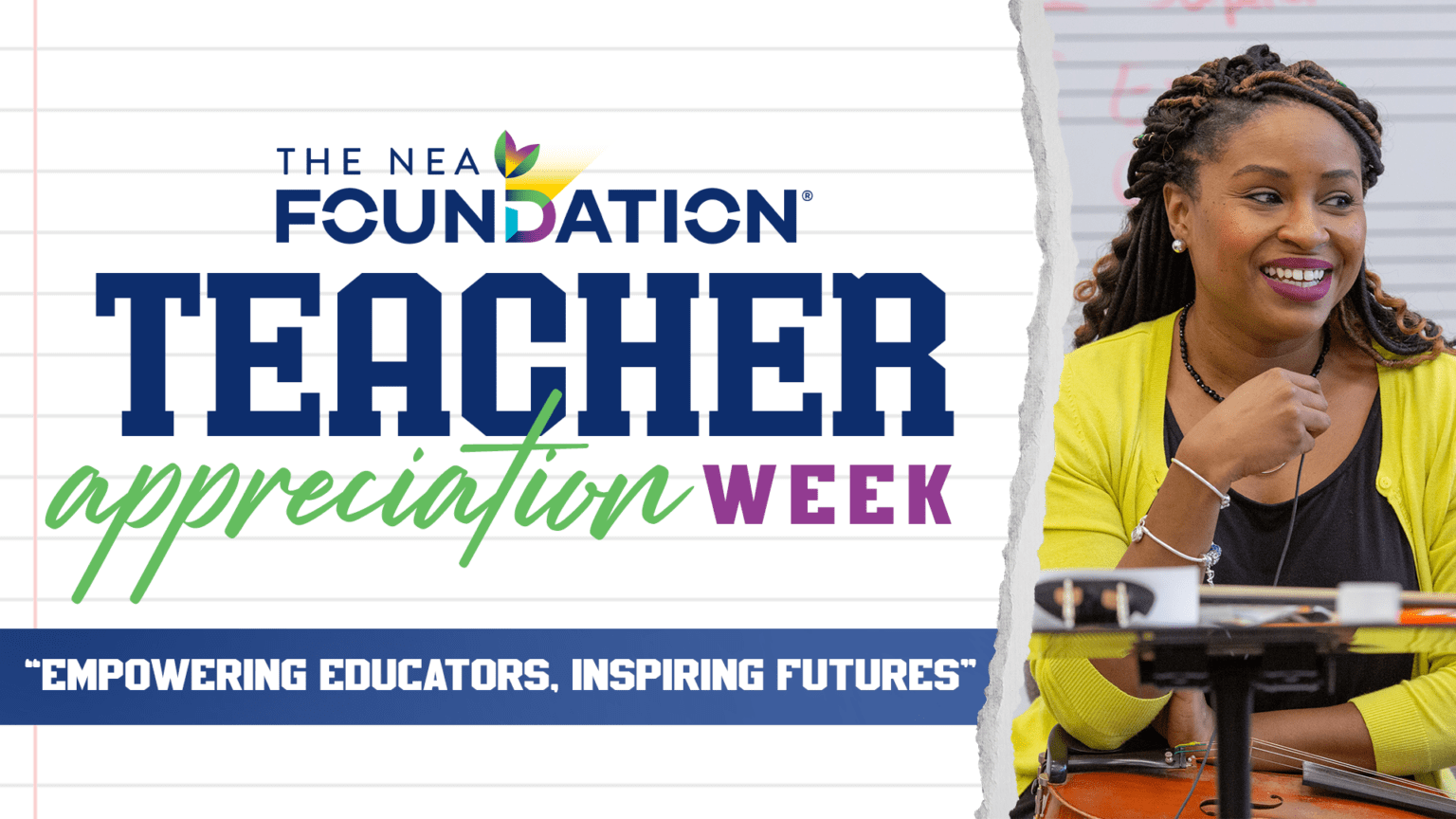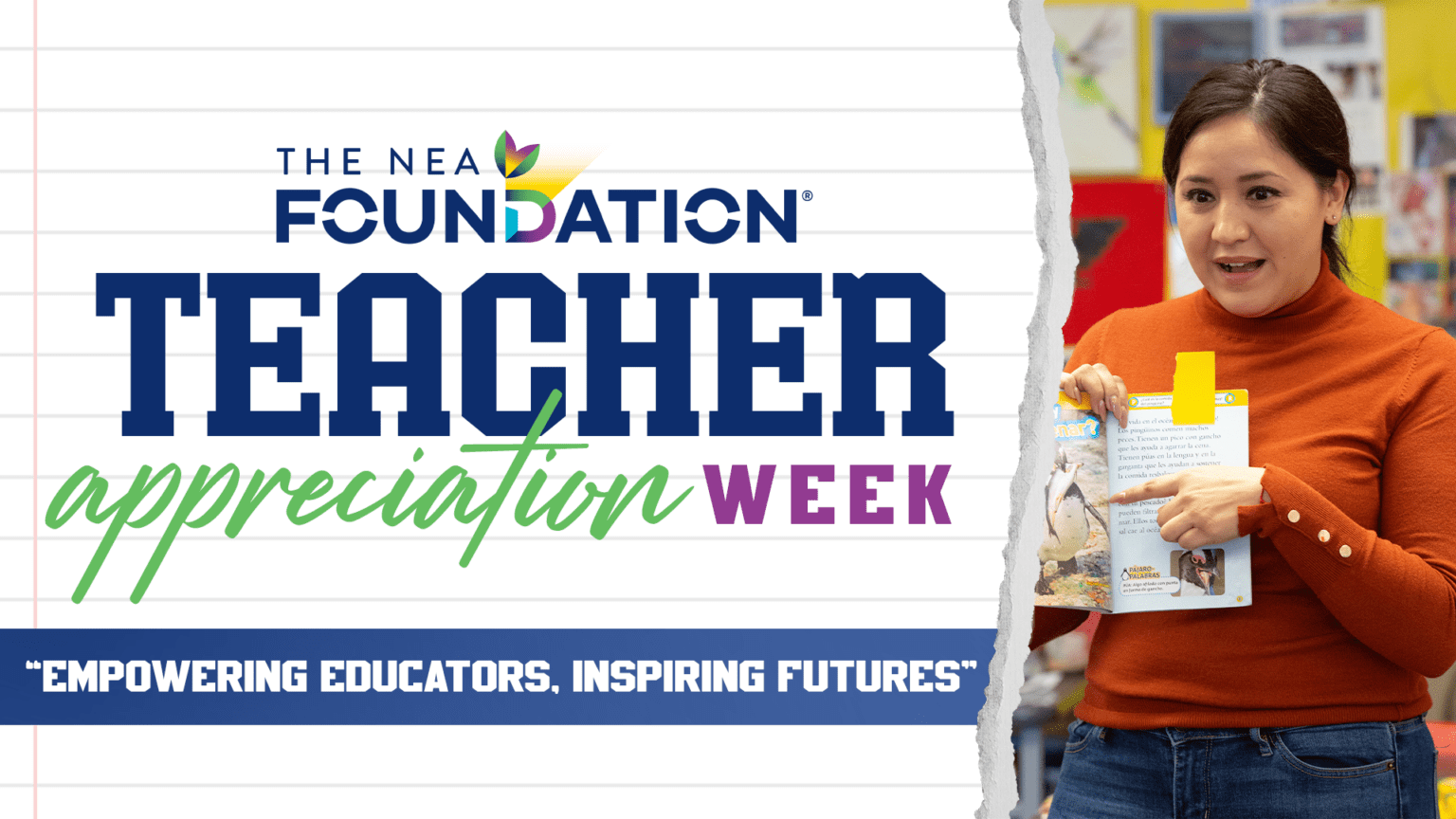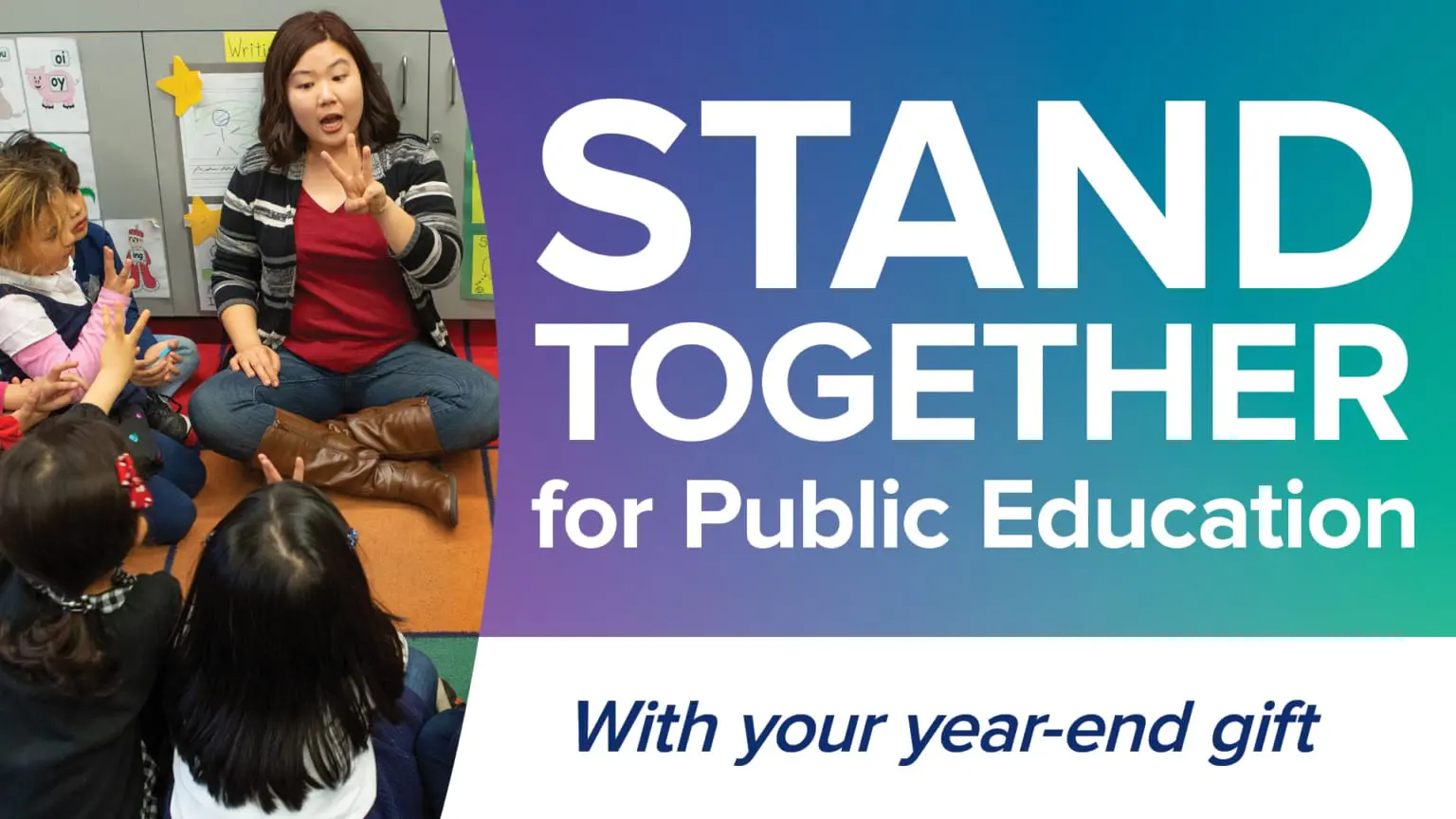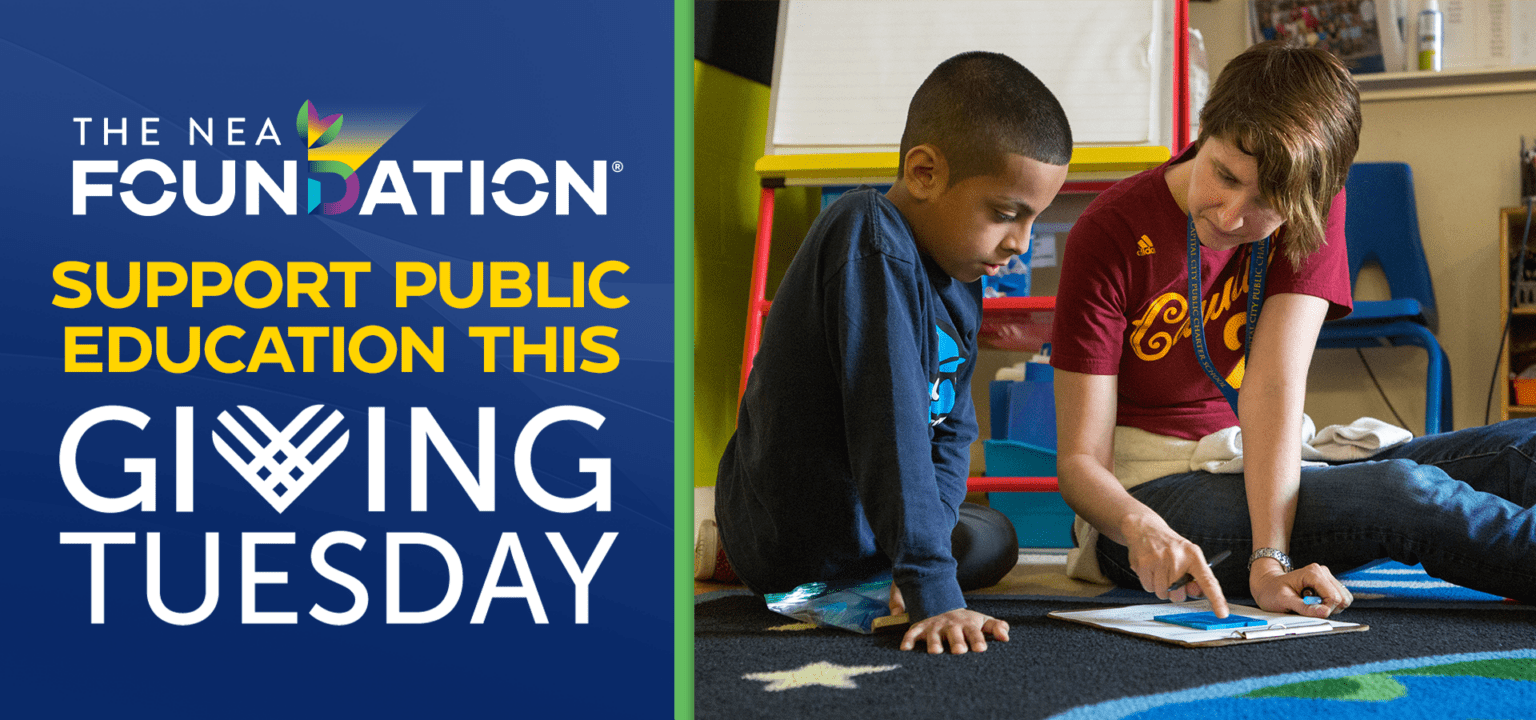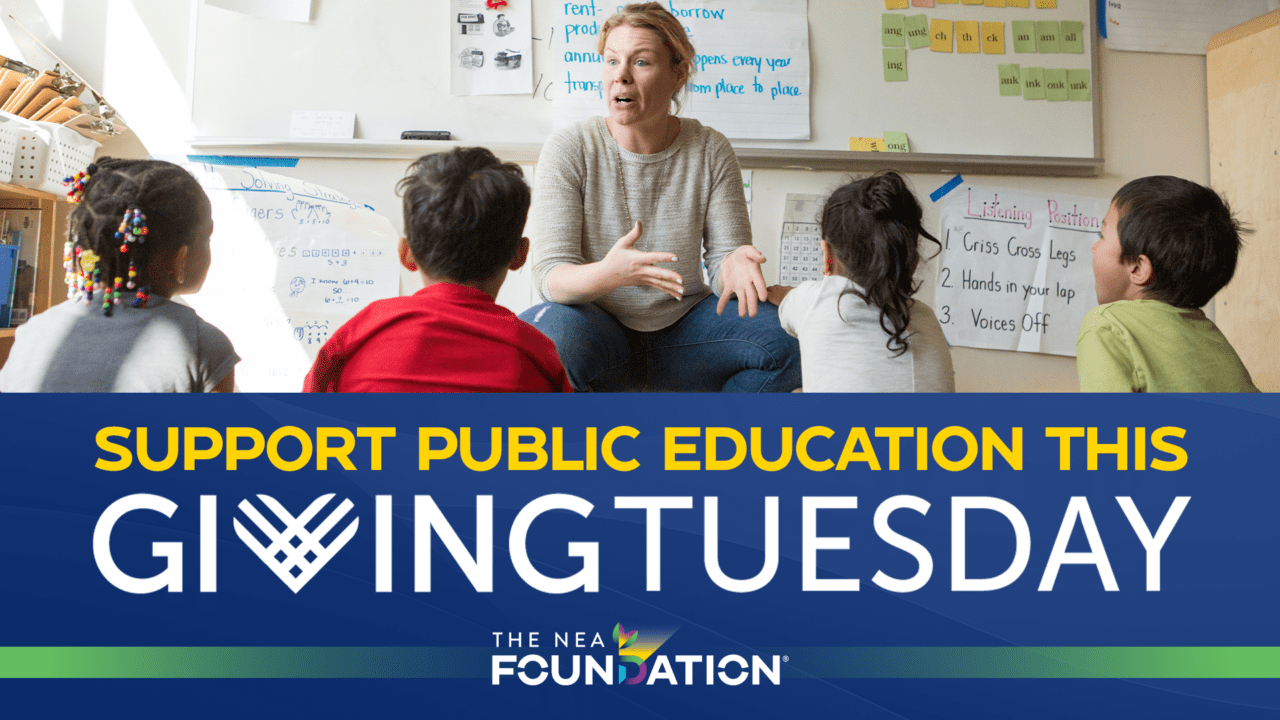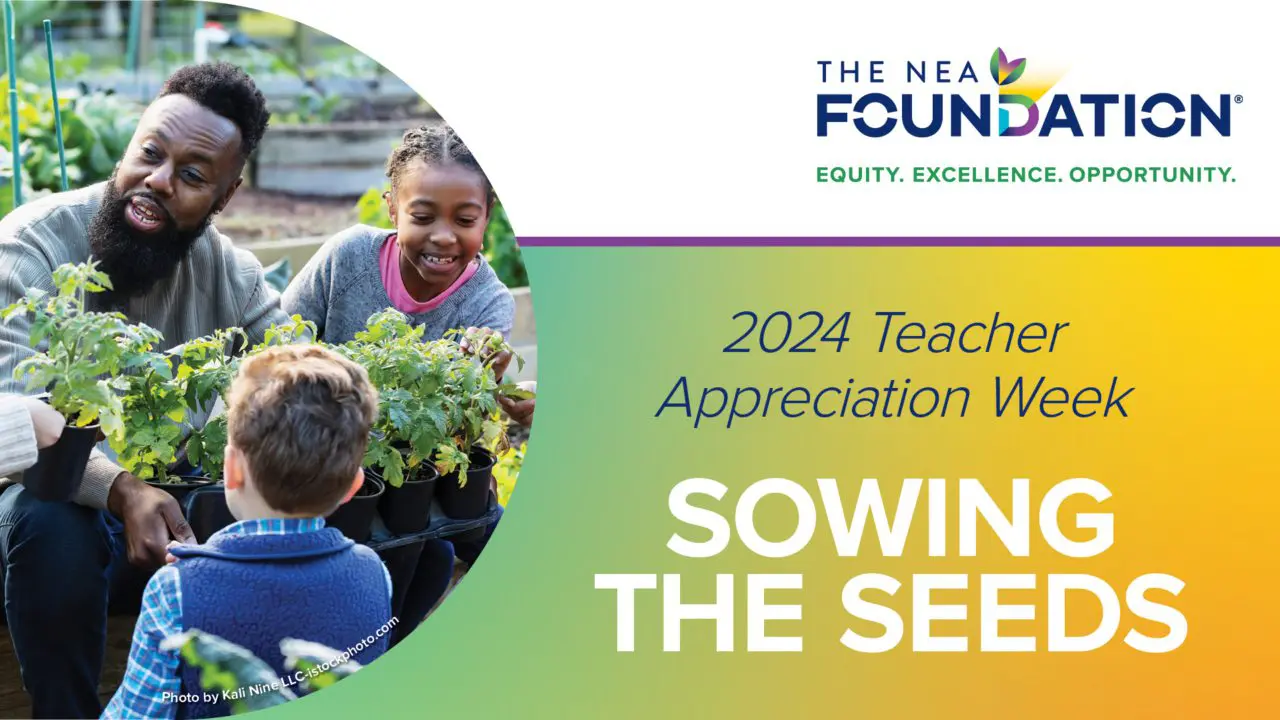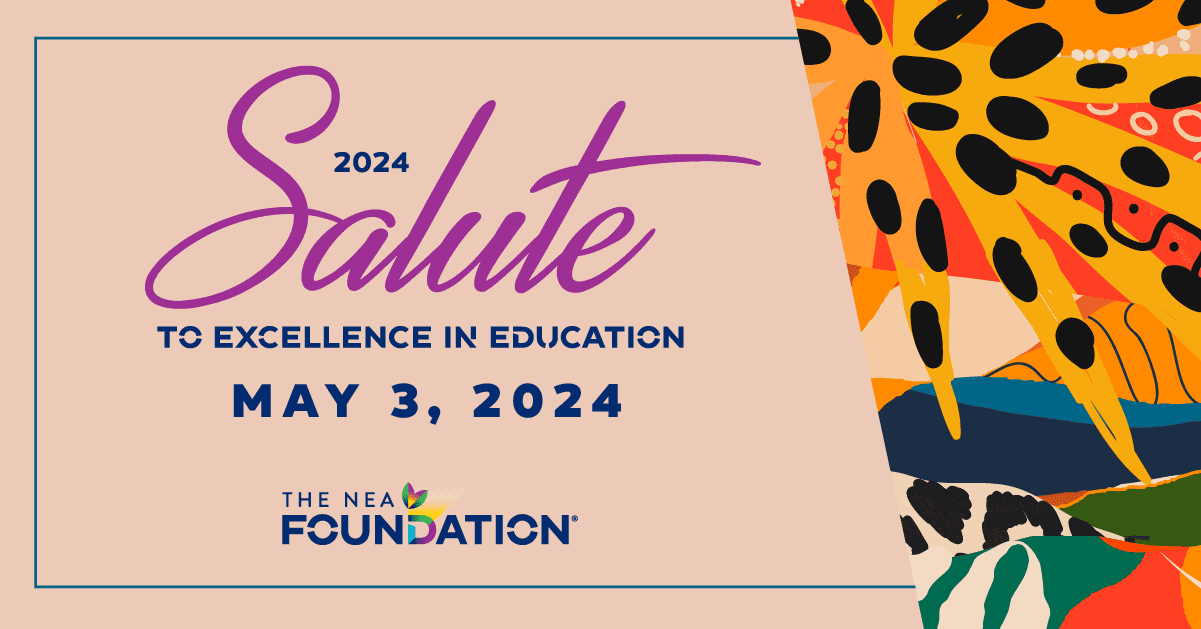When 5th-8th Grade Visual Arts, Debate, and Robotics Educator Hosea Born applied for one of the NEA Foundation’s Grants to Educators, he had a plan. His proposed grant project would broaden his students’ horizons and allow them to experience firsthand what it was like to be active participants in the nation’s democracy. The plan was to travel as a class from the small town of Hope, Arkansas to Washington, D.C., not just to sightsee, but to be heard.
With the support of an NEA Foundation Student Success Grant, Born was able to make his plan a reality for his 8th grade debate students. For many of these students—88 percent of whom qualify for free and reduced lunch—it was their first trip outside of Arkansas, their first time on a plane, and their first time seeing firsthand where the laws that shape their lives are debated and decided.
Throughout the school year, students had been honing their skills in Born’s debate class, learning how to research, prepare, and deliver compelling arguments. When it was time to choose a real-world issue to bring to Capitol Hill, they considered a variety of topics. But after learning about the reality of school lunch debt, which was a foreign concept to many of them, they chose to focus on advocating for expanded access to free school meals. They researched federal poverty guidelines, examined pending legislation, and diligently practiced their arguments.
“During the last week of school, when most students were going home, they were up at school every day practicing, researching, getting their speeches down so that they truly knew what they were talking about,” said Born.
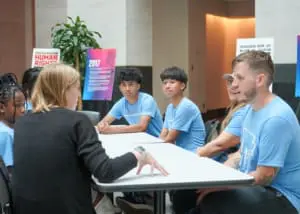
NEA Foundation Grants to Educators Program Officer Emma Larson, 5th-8th Grade Visual Arts, Debate, and Robotics Educator Hosea Born, and a group of Born’s 8th grade debate students discuss the group’s advocacy efforts
In D.C., they put their practice into action, meeting with Arkansas Representative Bruce Westerman to share their ideas for expanding access to free school lunches across the country.
“It was really powerful for them to be able to come here and see the possibilities of advocacy,” said Born. “And for them to see that it isn’t just lobbyists who do this. It’s important for everyday people to come and voice their opinion.”
The trip wasn’t all politics. The students visited museums, tried new cuisines, and immersed themselves in arts and history. Born made sure his students experienced meals they couldn’t get back home in Hope, including a family-style tapas dinner.
Born hopes that the experience can inspire pride in his students’ hometown and a conviction that anyone can advocate and make change.
“We’re from Hope, Arkansas, and we can do great things. Students from this small country town can come to D.C. and advocate for the people that are supposed to be represented.”
Born hopes other educators might see this project as a model for blending curriculum, advocacy, and real-world experience. He offered words of encouragement for teachers thinking about applying for a grant: “Just do it. Keep trying. The right opportunity will come, and when it does, it can change your students’ lives.”
In a region where childhood poverty rates are twice the national average, and where students too often lack access to enrichment experiences, this trip showed what’s possible when investment meets vision. For Born’s students, the journey from Hope to the halls of Congress was more than just a field trip. It was a step toward becoming the civic leaders of tomorrow.
Want to support The NEA Foundation’s Grants to Educators and other educator opportunities? Make a donation today and sign up for our email newsletter to stay in the loop about more stories of excellence in education.

